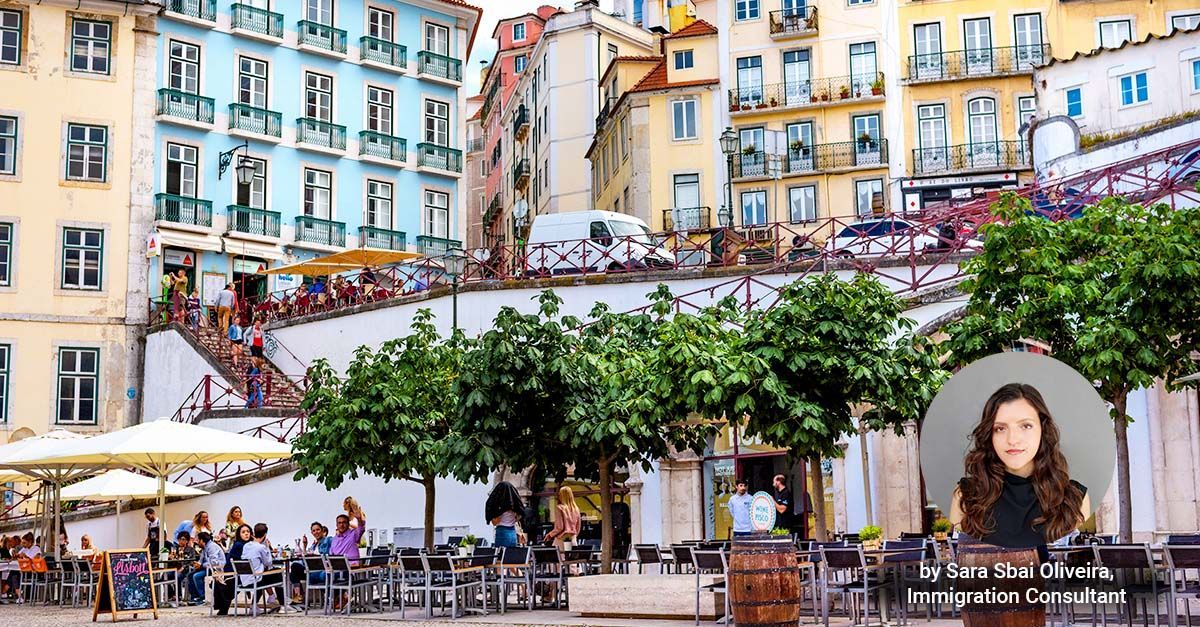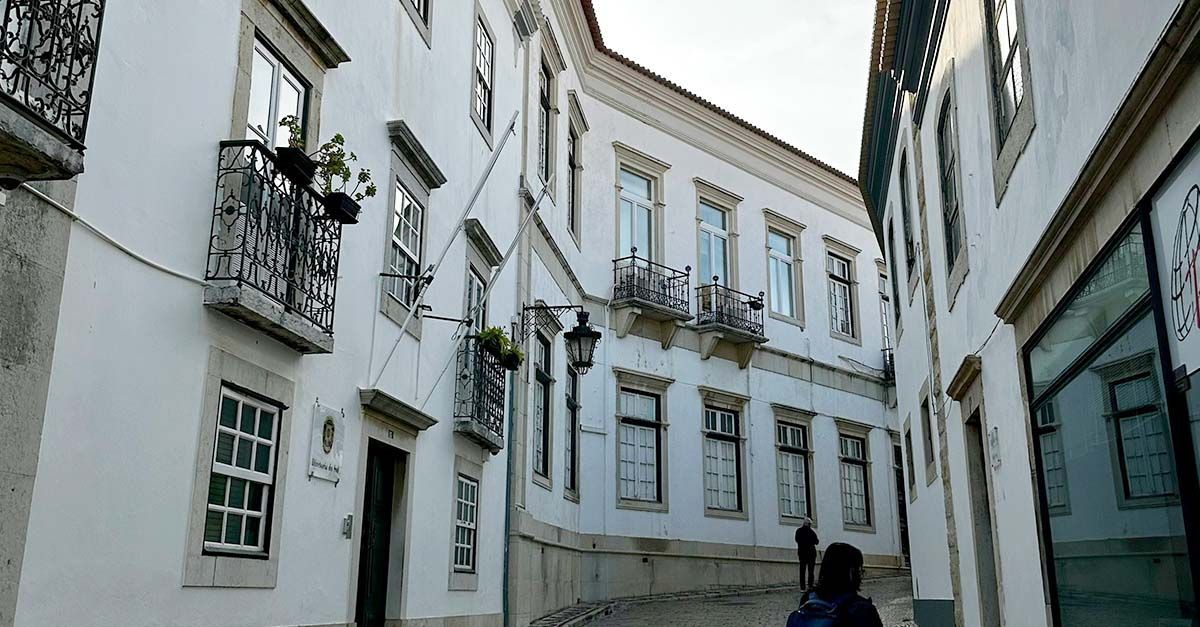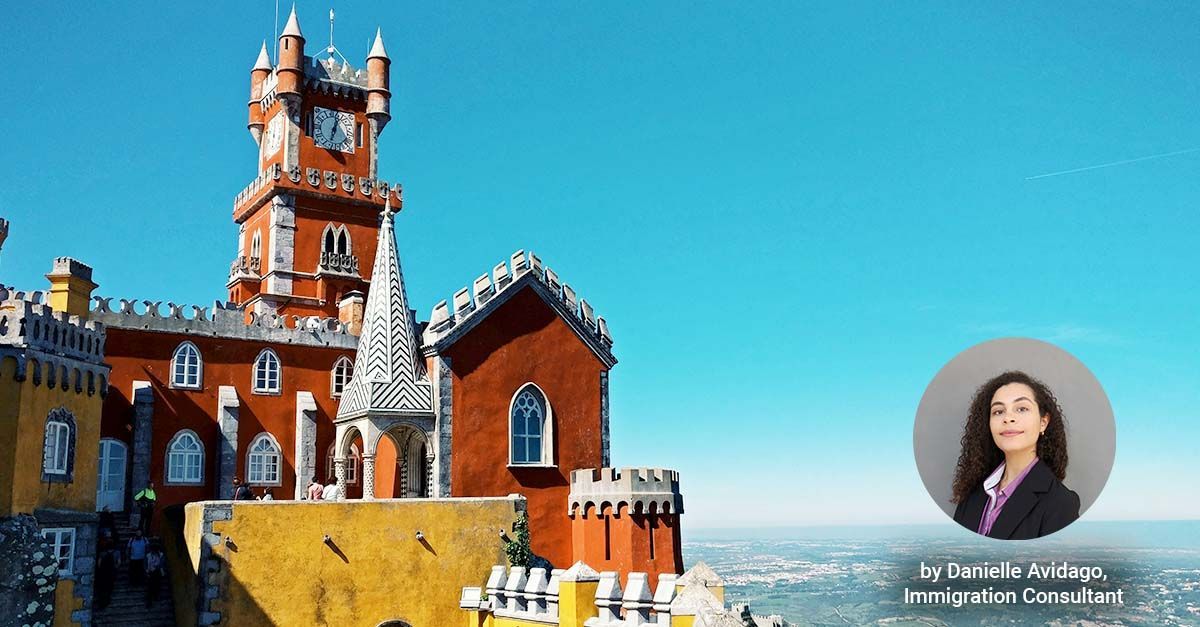Tax return for 2021 income
All tax residents in Portugal are liable to Portugal income tax on their worldwide income (i.e. Portuguese and foreign sourced income).
Non-residents in Portugal are only liable to Portugal income tax on their Portuguese sourced income.
Non-habitual residents (NHR) are also liable to Portugal income tax on their worldwide income, although benefiting from a flat tax rate of 20% on some active income, and exemption on some passive income.
This income must be reported to the Portuguese Tax Authority (PTA), through the submission of the annual income tax return, based on which the PTA will determine the amount of tax to be paid.
The period for submitting the annual income tax return for individuals, with respect to income earned in the fiscal year of 2021 (i.e. 01/01/2021 to 31/12/2021), falls between the coming 1st April to 30th June.
(Note: In case of non-residents, no tax return needs to be submitted if the income is subject to autonomous and final withholding tax)
Failure (or delay) to submit the tax return within the aforementioned period will determine an administrative infraction proceeding against the taxpayer, and the payment of a fine that varies between € 150,00 and € 3.750,00.
The income is taxed in accordance with the category in which it falls under the Portuguese Income Tax Code (“CIRS”).
The Portuguese Income Tax Code (“CIRS”) classifies personal income under six categories:
- Employment Income - category A
- Self-employment Income (business and professional income) – category B
- Capital Income (interest, dividends, etc.) – category B
- Real Estate Income – category F
- Capital Gains – category G
- Pension Income – category H
Each category presents a specific method of tax assessment and the income within its scope is subject to different tax rates, either special flat tax rates, progressive rates, or both -depending on the taxpayer’s option.
Taxpayers can deduct certain expenses in which they have incurred throughout the fiscal year, such as education expenses, health expenses and others, which allows to lower the amount of tax they have to pay.
Therefore, besides the sanctioning aspect, it is of great importance to submit the annual income tax return within the legal frame and accordingly, so that the PTA doesn’t produce an ex-officio liquidation of personal income tax, which poses a risk of a wrongful assessment of the taxpayer’s personal situation and may result in undue tax to be paid, along with additional costs to correct the situation.
LVP Advogados is happy to assist you in submitting your annual tax return.











